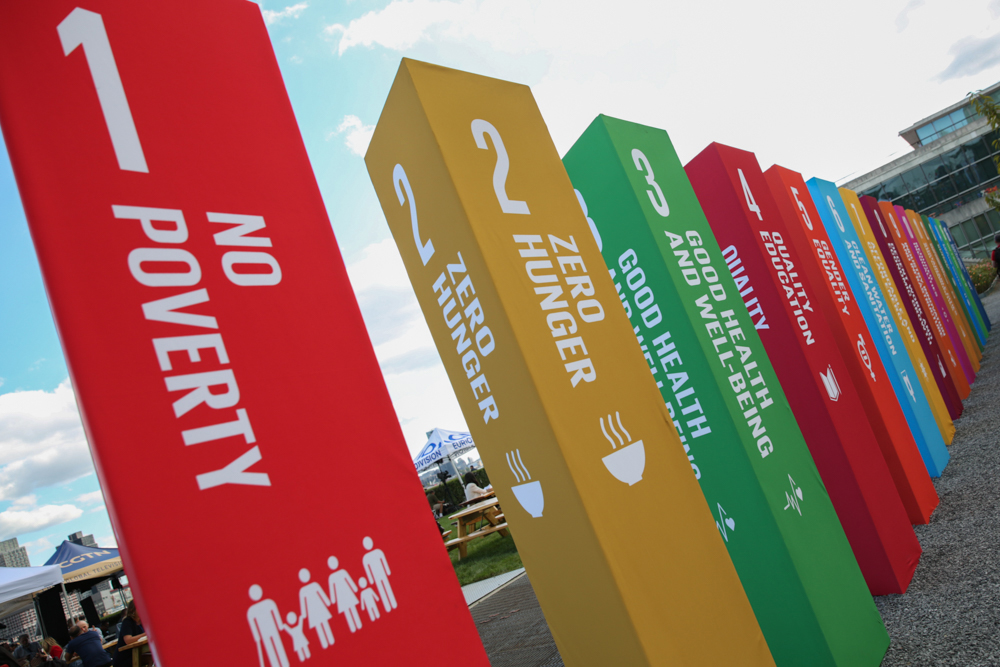Summary

It was business un-usual at the 2020 meeting of the High-level Political Forum on Sustainable Development (HLPF), which opened on Tuesday. Due to the COVID-19 pandemic, however, the HLPF is taking place virtually. While locally-based Permanent Representatives were at the UN Headquarters in New York, most other participants joined from different parts of the world.
The HLPF is mandated to review progress on the 17 Sustainable Development Goals (SDGs) and assess progress towards achieving the 2030 Agenda for Sustainable Development (2030 Agenda). The agenda for the 2020 session, however, was altered to focus on the impacts of the COVID-19 pandemic on the SDGs.
In the opening session, Mona Juul, Permanent Representative of Norway and President, UN Economic and Social Council (ECOSOC), said this is a crucial HLPF meeting that can be a springboard towards “building back better” from COVID-19 and moving the world towards implementing the SDGs.
Liu Zhenmin, UN Under-Secretary-General for Economic and Social Affairs, presented the UN Secretary-General’s report on progress towards the SDGs. While progress was already uneven before the pandemic, he noted, COVID-19 has had considerable adverse impacts that disproportionately affect the poorest and most vulnerable. He called for increased multilateralism and international cooperation, a comprehensive multilateral response cumulatively amounting to at least 10% of GDP globally, and additional financial resources for developing countries.
In the morning, a panel discussion on keeping the focus on the SDGs while combating COVID-19 focused on: SDGs, regional dimensions, and countries at different levels of development including middle-income countries; and 2020 targets, data, and institutions for integrated policy making. Vera Songwe, Executive Secretary, Economic Commission for Africa and Coordinator of Regional Commissions, said the pandemic demonstrated that existing GDP-based country classifications are not applicable in every situation, as middle-income countries and small island states reliant on sectors like tourism and oil production were severely affected, irrespective of their income levels.
In the afternoon, a two-part session was held, on building back better after COVID-19 and what can have the greatest impact on the SDGs. The first part focused on protecting and advancing human well-being and ending poverty, while the second part focused on ending hunger and achieving food security.
The day ended with stakeholder perspectives on transformative pathways to realize the 2030 Agenda, through a whole-of-society approach, taking into account the impact of COVID-19. Haaziq Kazi, a Grade 8 student from Indus International School, India, on behalf of the Children and Youth Major Group, noted that the greatest barrier to progress is not the lack of solutions, but our love of models that have proven insufficient in the face of current realities.